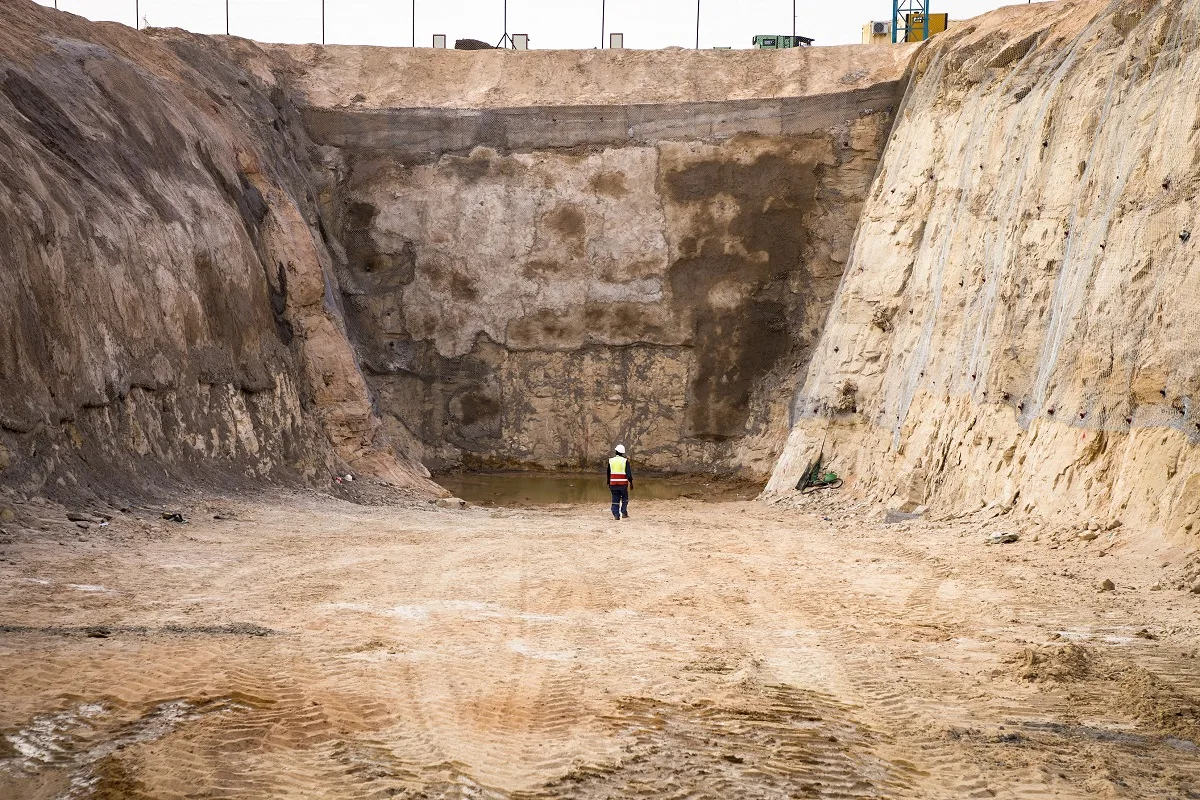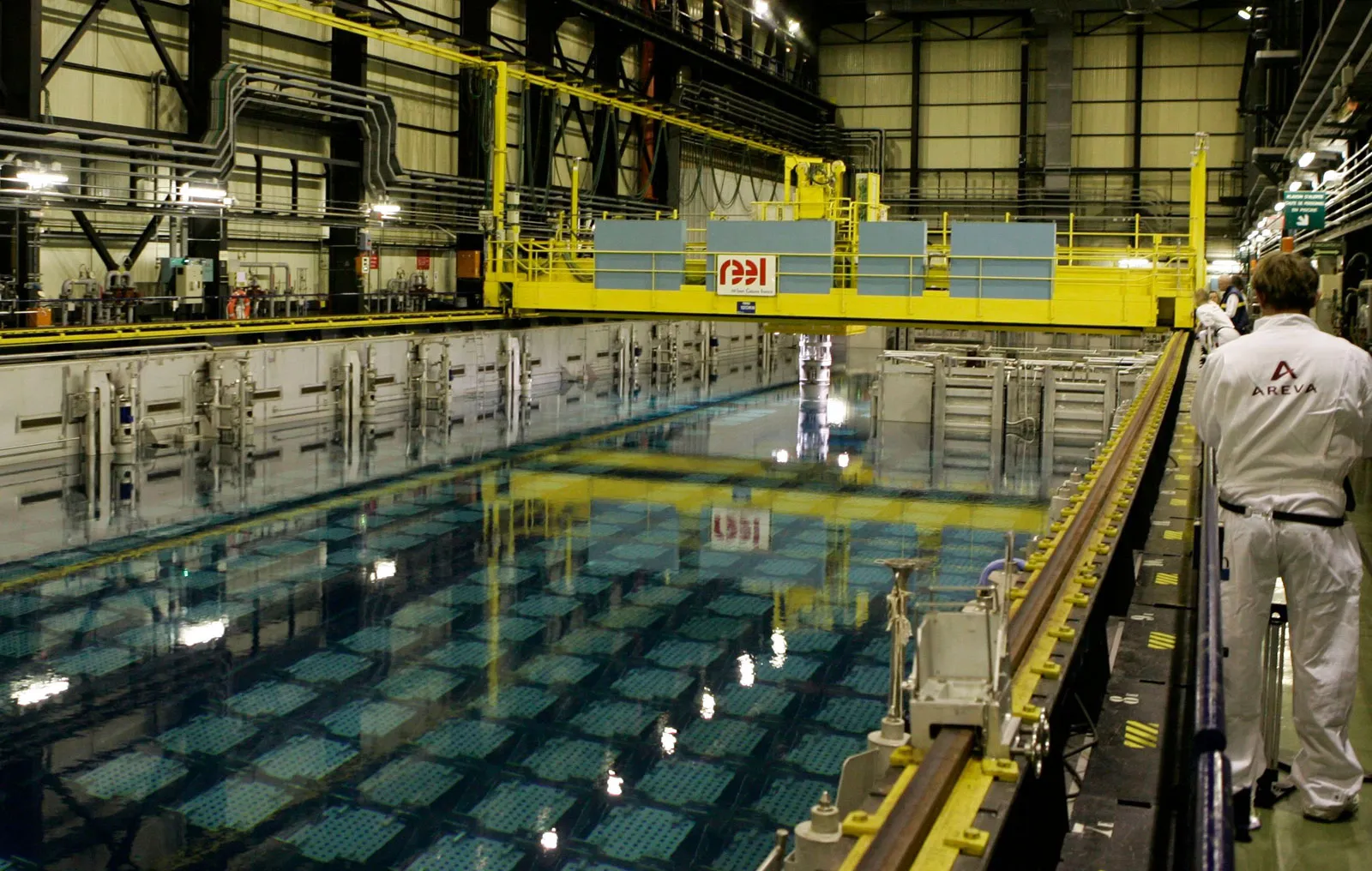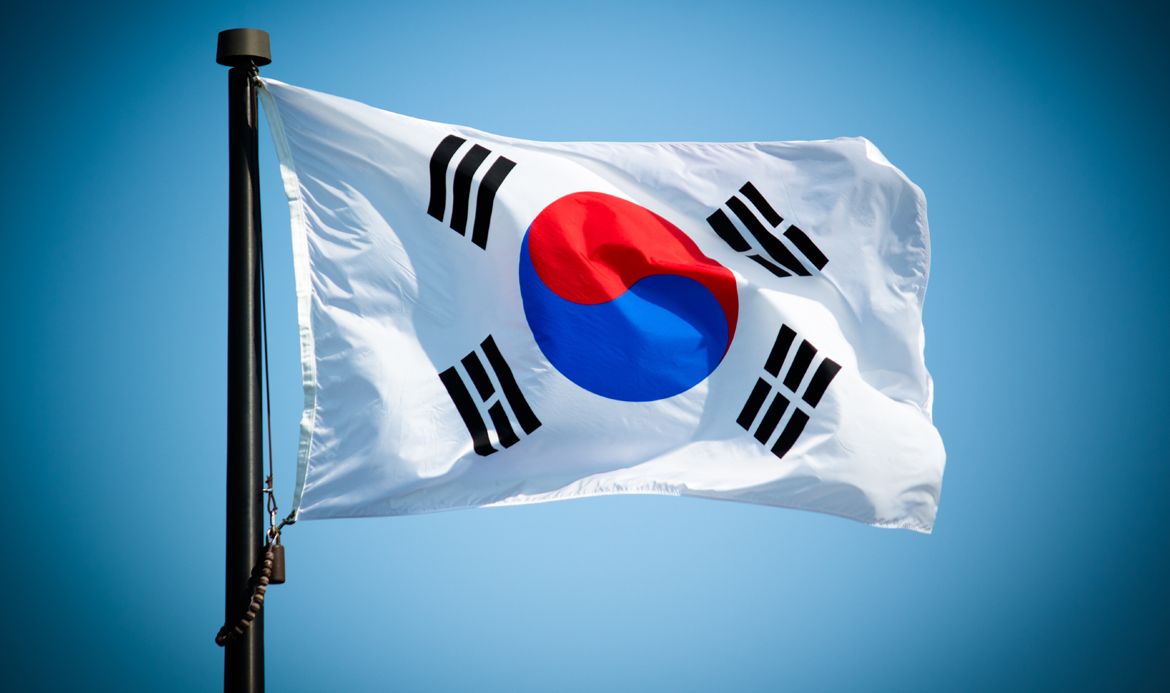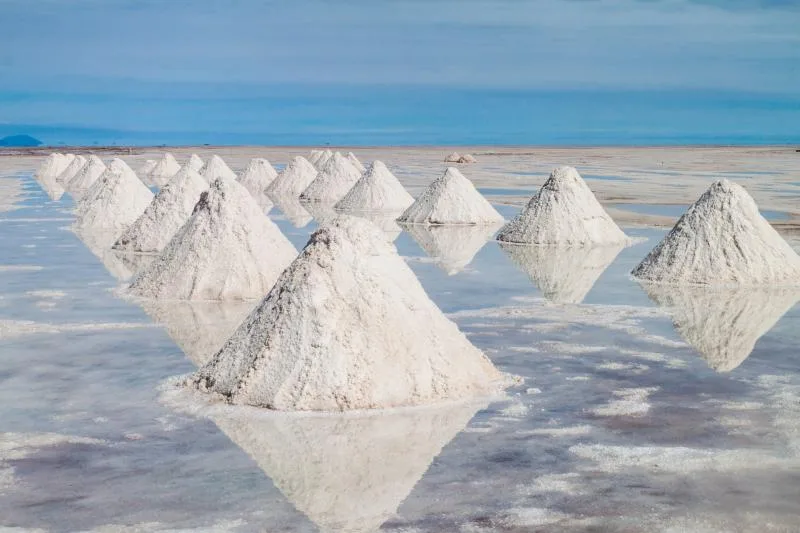The US government is committing to fund a major uranium mine in politically unstable Niger, as the uranium play becomes one of the biggest geopolitical stories of the year few are talking about.
Toronto-based Global Atomic (TSX:GLO) this week announced a major update to its Niger operations, months after a military coup in the nation.
The United States International Development Finance Corporation and Export Development Canada (EDC) will help secure finance for the project.
GLO is hoping to advance the Dasa Project in the troubled country, which is rich in uranium and other natural resources.
The country supplies about 25% of Europe’s uranium (including much of France’s raw supply) and is also set to be part of the US nuclear power utility supply chain from 2025.
Since the coup in the middle of 2023, there has been significant uncertainty and a pause in operations, as national borders closed to Niger and the situation deteriorated. The coup leaders kicked out French diplomats and the French military was also told to leave.
Global Atomic now says despite the coup, the US government has told the company it would still look to fund the mine via the U.S. Development Bank financing program.
The coup meant the US government placed a paus on any funding.
However, given the growing global demand for uranium and the internal political pressure of Russia continuing to supply the US nuclear industry (playing out in US Congress) – the Biden Administration is moving to ensure the project moves ahead.
“The U.S. Government has expressed support for the project financing to proceed,” GLO said late Friday.
“Both development banks have been authorized to re-engage with the Company and finalize funding arrangements. At the same time, we are actively assessing viable alternatives to both the supply issue and the project funding,” they said.
Global Atomic said it needs US$250 to $275 million in financing to complete the Dasa Project construction and commissioning.
The company also noted the US Congress voted to continue US military operations in Niger, which would help provide a secure environment should the situation become volatile.
In early 2023, Atomic said it signed an agreement with a major North American utility for 2.4 million pounds U3O8 over a six-year period.
No doubt the US government is keen to see the project move ahead, as supply imbalance becomes a major issue around the world.
On July 26 2023, Gen. Abdourahamane Tchiani, from Niger’s presidential guard, led a revolt, detaining President Mohamed Bazoum and threatening to kill the leader if foreign powers intervene to stop the coup. The situation was likely sparked by Russian interest in the region, including Wagner.
The geopolitical contest for uranium continues to play out, with Putin, Macron and Xi all scrambling to secure supply from Central Asia, home to about 45% of known uranium reserves.
Shares in Global Atomic plunged from C$2.90 to C$1.30 after the coup and have since recovered – today at C$2.13.






